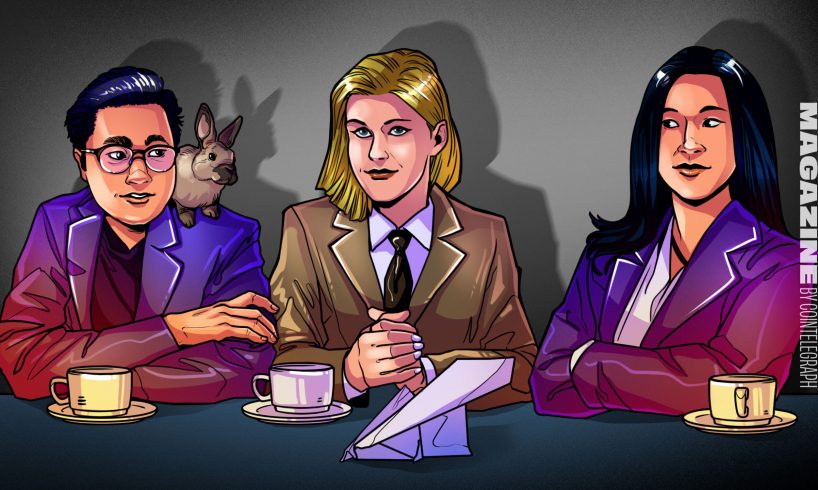
Each month, our panel of crypto lawyers looks at the legal implications of some of the thorniest problems facing the industry in different jurisdictions around the world.
The arrest of Telegram CEO Pavel Durov in France has reignited a global debate on the rights and responsibilities of social media platforms.
Is it right to arrest a founder for criminal behavior on their platform they had nothing to do with? Critics have likened it to arresting the head of a phone company because criminals discussed a crime on a call.
The European Union has rolled out increasingly restrictive laws with the Digital Services Act (DSA) and the General Data Protection Regulation (GDPR).
The DSA sets strict obligations for online platforms to tackle illegal content and ensure transparency. Meanwhile, the GDPR is a comprehensive law that governs how personal data is collected, processed and stored.
With vast amounts of user-generated content (UGC) flowing across global platforms, where do we draw the line between free speech, internet safety and privacy?
Telegram will disclose data to authorities upon legal request. (Pavel Durov)
Magazine spoke with a panel of legal experts to find out more: Digital & Analogue Partners co-founder Catherine Smirnova in Europe, co-chair of the Hong Kong Web3 Association Joshua Chu from Asia, and Rikka Law Managing Partner Charlyn Ho from the United States.
The discussion has been edited for clarity and brevity.
Magazine: Durov has been charged in France for allegedly allowing criminal activity and illicit content on his social media and messaging platform. We don’t often see tech executives held directly responsible for what happens on their platforms. Why do you think this case is different?
Ho: It surprised me that something like this could result in the arrest of a CEO. Often, there would be a lot of publicity around issues of perhaps fostering or permitting illicit activity over a…
..






